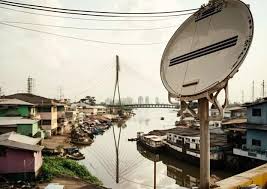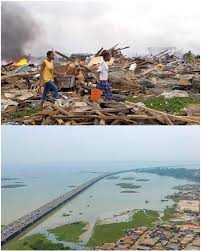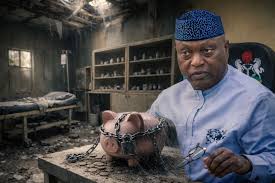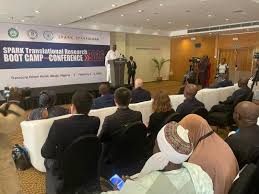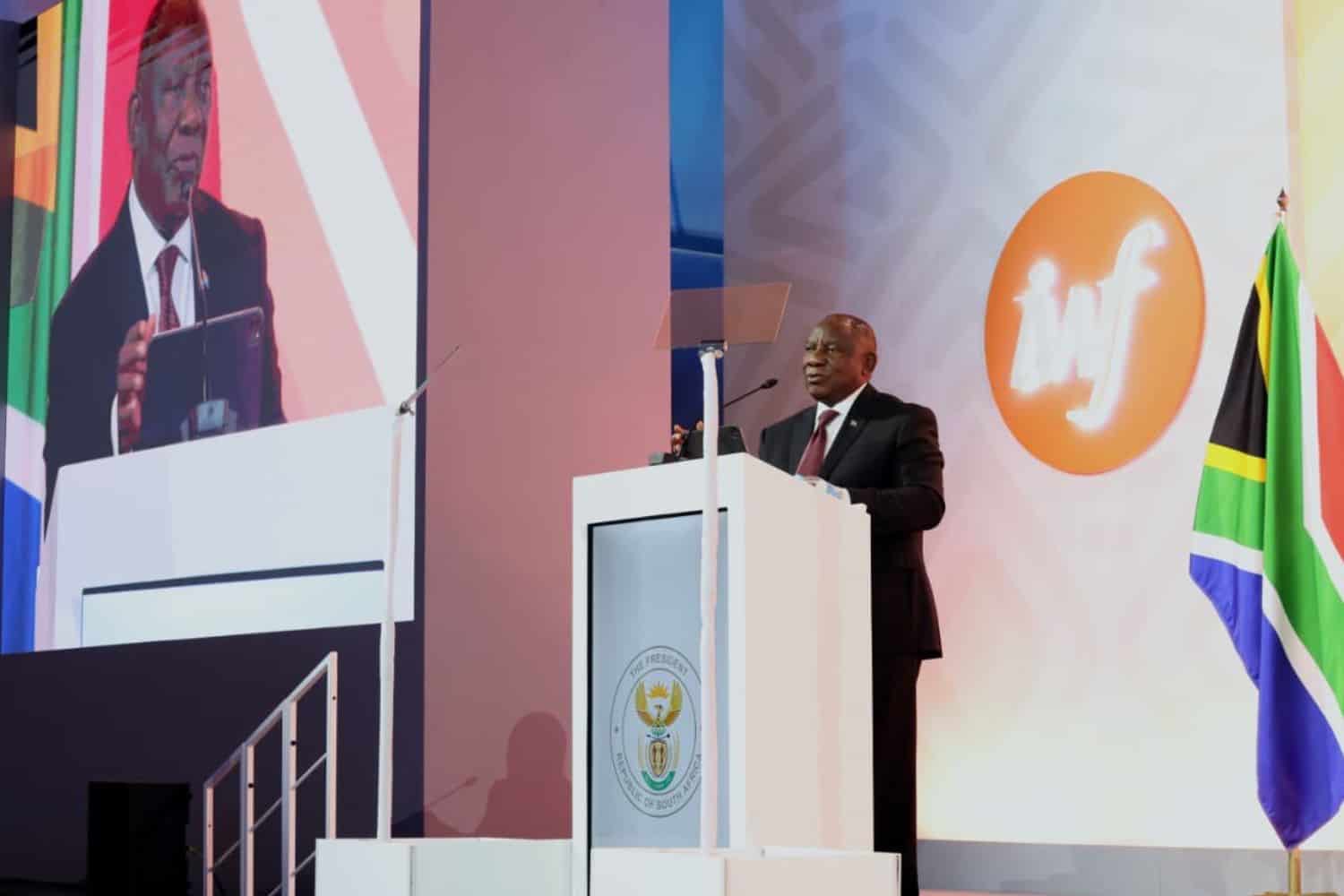
President Cyril Ramaphosa says the recognition, reduction and redistribution of unpaid care and domestic work are essential to addressing structural barriers to women’s empowerment,
Ramaphosa made the remarks at the International Women’s Forum (IWF) Global Cornerstone Conference in Cape Town on Thursday.
Ubuntu
The president said the conference invoked the concept and the practice of Ubuntu: “I am because we are.”
“This is a call to recognise our shared humanity, our interdependence and the collective power of women in shaping society.”
ALSO READ: Ramaphosa names new commissioners to lead IEC ahead of elections
Inequality report
Ramaphosa made reference to the G20 Report on Global Inequality launched earlier this week.
The report, drawn up by the G20 Extraordinary Committee of Independent Experts on Global Inequality ahead of the Leaders’ Summit in Johannesburg later this month, warns of a global “inequality emergency.”
It finds that the richest 1% of the world have seen their average wealth increase by $1.3 million since 2000, while someone in the poorest half of humanity saw their wealth increase by an average of just $585 over the same period.
Ramaphosa said the report also found that in more economically unequal societies, fewer women complete higher education or are represented in the legislature, and the pay gap between women and men is wider.
“These are significant barriers to women’s advancement and development.”
Women empowerment
The president also reflected on recent G20 discussions held in Gauteng, where ministers responsible for women’s empowerment placed gender equality at the centre of the global economic agenda.
Ramaphosa said the meeting focused on expanding women’s financial inclusion, strengthening the care economy, and tackling gender-based violence and femicide.
“The recognition, reduction and redistribution of unpaid care and domestic work is essential to addressing structural barriers to women’s empowerment.
“Expanding women’s access to finance, digital tools, and entrepreneurship must take place alongside efforts to end gender-based violence and femicide,” Ramaphosa said.
Leadership
Ramaphosa added that, with over 8,400 members worldwide, representing business, government, academia, and civil society, the IWF community demonstrates the “power of collective leadership and ethical, progressive influence.”
“This conference is a platform to examine how women in leadership can not only respond to today’s challenges but also anticipate the opportunities of tomorrow.
“As we proceed, we must continue to be guided by the spirit of Ubuntu. We must recognise that our progress is intertwined. That is when women rise, societies rise with them. When women prosper, the whole community benefits. When girls are educated, the economy flourishes,” Ramaphosa said.
Ramaphosa said the outcomes of the conference must extend “beyond these walls, influencing policy, transforming institutions, and ultimately, creating a more equitable and just world.”
ALSO READ: It’s Dr Cyril Ramaphosa to you: President bags this Honorary Doctorate
